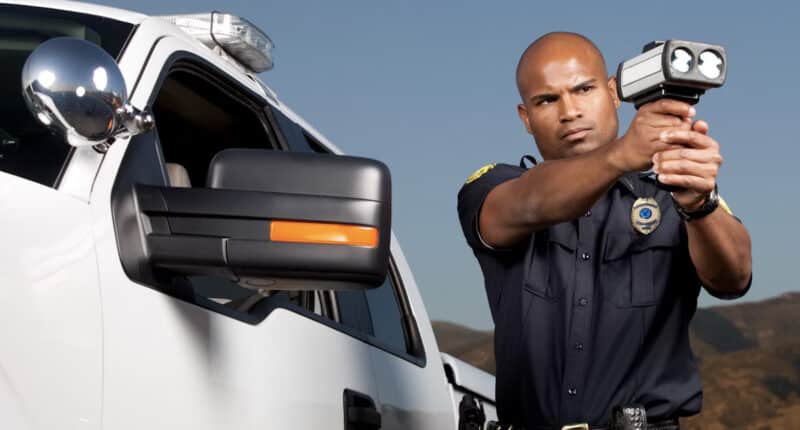Radar detectors are something many car enthusiasts consider installing, but their legality is a major concern. In Canada, the laws vary from province to province, so you want to be sure a detector can legally be used where you live.
In this guide, you’ll find a helpful chart detailing the legality of radar detectors in each province, along with any details available from said provinces.
Legal Status of Radar Detectors By Province
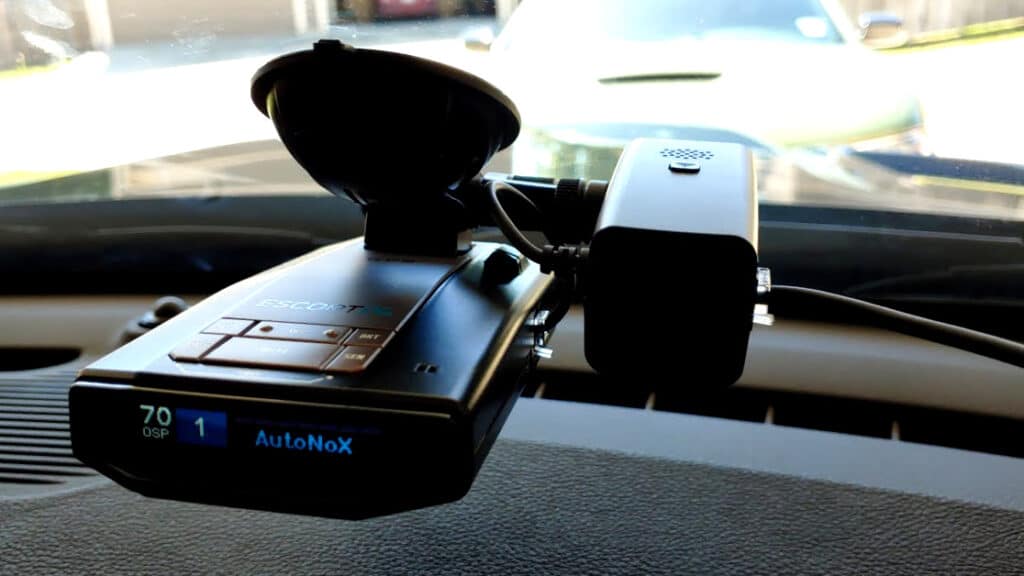
| Province | Radar Detector Status |
| Alberta | Legal |
| British Columbia | Legal |
| Manitoba | Illegal |
| New Brunswick | Illegal |
| Newfoundland and Labrador | Illegal |
| Nova Scotia | Illegal |
| Ontario | Illegal |
| Prince Edward Island | Illegal |
| Quebec | Illegal |
| Saskatchewan | Legal |
As you can see, it is illegal to have a radar detector in your vehicle in all but 3 provinces (Alberta, British Columba, and Saskatchewan).
So what happens if you have a radar detector while driving in a province where it is illegal?
Getting Caught with a Radar Detector
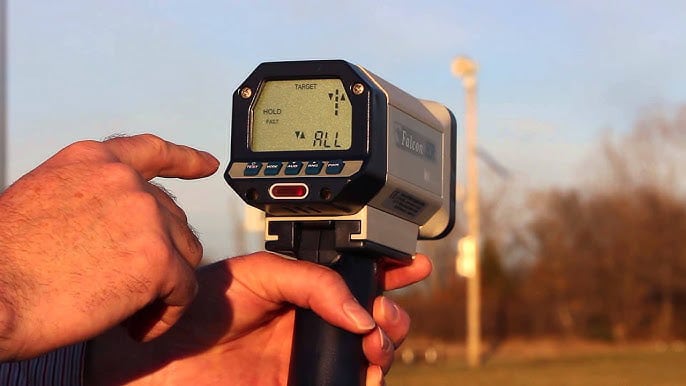
If you live in or happen to be passing through one of the provinces where radar detectors are illegal, there are consequences for getting caught with one. The same is true with other upgrades like window tint in Canada.
For instance, authorities are allowed to confiscate the radar detector, and you will probably be fined for having one in your possession. The fine is likely to be at least $150, but could be even higher.
In provinces that outlaw radar detectors, police use devices to find active radar detectors. These devices are known as Spectre RDD, where RDD stands for radar-detector-detector. In other words, it is not a good idea to try to skate by using a detector and betting you will not be pulled over.
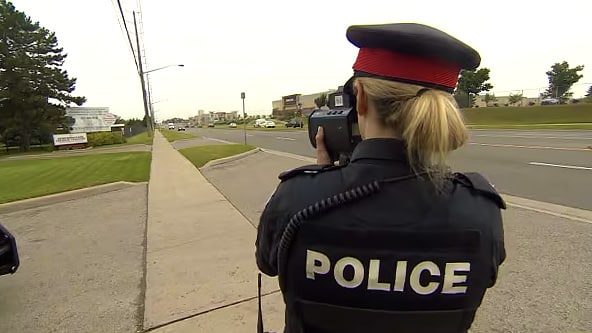
The detector itself might be spotted, leading you to be pulled over despite not driving recklessly, having a broken taillight, or otherwise exhibiting something likely to alert the police.
How to Choose A Radar Detector
If you live in one of the 3 provinces that permit radar detector usage, you want to consider which one would work best for you. There are wired, wireless (often referred to as corded and cordless, respectively), and remote mount radar detectors.
Wired and wireless radar detectors typically attach to your windshield, whereas the remote mount options are stealthily installed and intended to be permanent. The controls for such installations are usually found under the dashboard.
Other major considerations are the range and type of radar bands it can detect. Obviously, the further the range, the better overall the detector will be in providing warnings.
However, you have to balance this with the associated increase in cost as detection distance also increases.
You also want a radar detector that can accurately detect police radar without constantly bombarding you with false alarms from other radar devices, such as traffic sensors and many driver assistance systems.
Imagine a radar detector that cannot filter out the noise; you will end up with an unreliable and pretty useless device.
Additionally, modern radar detectors can come with amenities like GPS and the ability to connect to your smartphone.
The smartphone function enhances the radar’s function overall, allowing the driver to be alerted by others on the road, as well. This is an indirect way to increase the radar’s overall range.
The GPS can also help you find traffic sensors and other things that might cause a false alarm from your radar detector.
Concluding Thoughts
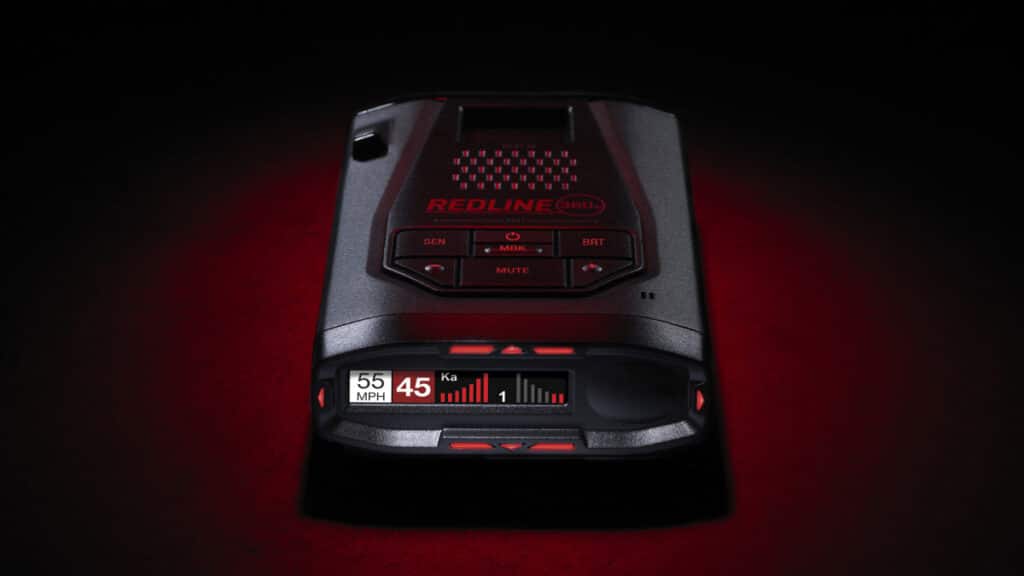
In sum, you can only legally own and use a radar detector in a minority of Canadian provinces, those being British Columbia, Alberta, and Saskatchewan.
The other provinces have outlawed radar detectors and their police forces actually use radar detecting detectors to detect you using a radar detector (try saying that 5 times fast!).
If you live in a province where radar detectors are illegal, it is best to simply not use them, as the police can identify them even without pulling you over.
This means that even with a remote mount radar detector, a police officer might still know it is there from the readings on their detecting devices (it is not an undetectable radar device!).
Furthermore, the police are likely to confiscate the radar detector, making your purchase a waste of money and even more expensive, as you are likely to be fined as well.
If you live in a province where it is legal to use a radar detector in your vehicle, think about the type of detector you want, your budget, and the various features you might desire.
For example, you can offset a radar detector with limited range if it comes with smartphone connectivity, as you can get reports from other drivers, thereby increasing the effective range in an indirect manner.
It is also important to consider that a radar detector will not solely identify police using radar devices, because other things utilize radar, such as traffic sensors and even many driver assistance technologies.
This means that with a radar detector, false alarms are possible.
Having a radar detector that is better at filtering out the true signal (police radar) from the noise (traffic sensors and any non-police radar) means having a more precise, reliable tool.
However, false alarms will still be a possibility, so do not expect a perfect detection device.
Have you ever gotten into legal trouble because of a radar detector? Let us know your experience by leaving a comment below.
